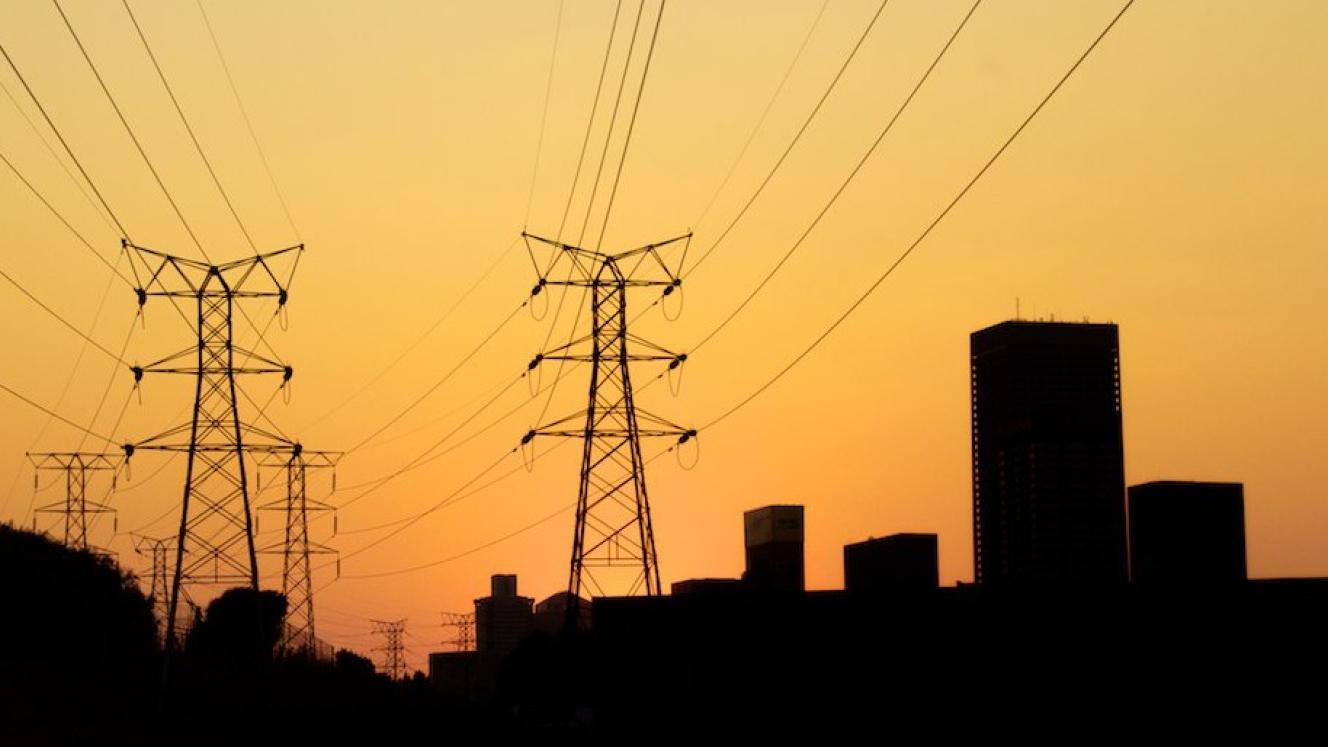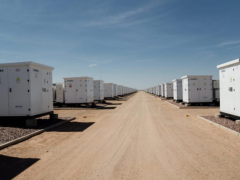President Cyril Ramaphosa has announced a new phase of structural reform under Operation Vulindlela, focusing on improving municipal performance, changing spatial development patterns and advancing digital transformation.
Speaking at the launch of Operation Vulindlela Phase 2 on May 7, Ramaphosa said these new areas are critical to sustaining the momentum of existing reforms in the energy, logistics, water and telecommunications sectors.
“We need growth that improves people’s daily lives by fixing the infrastructure that is broken,” he said. “That is why, in the next phase of Operation Vulindlela that we are launching today, we will implement reforms in three new areas.”
Priorities and focus areas include:
- Spatial reform, which aims to reverse the legacy of apartheid-era urban planning by promoting affordable housing in inner cities and economic centres. “We cannot continue to build houses on the periphery of our cities and towns,” Ramaphosa said, adding that the state will accelerate the release of publicly owned land and undertake a regulatory review to reduce barriers to low-cost housing development.
- Local government reform, particularly to improve basic services such as electricity and water. “Utilities should have the right technical skills, strong regulation and oversight and full control of their billing and revenue functions to allow them to invest in infrastructure and maintenance,” Ramaphosa said. The Public Service Commission’s mandate will be extended to local government and a review of the local government fiscal framework is underway, he added.
- Digital transformation following Cabinet’s approval of the Digital Transformation Roadmap. Key initiatives include a digital identity system, faster payment infrastructure and expanded digital access to public services.
These reforms are intended to complement energy-sector measures introduced in Phase 1 of Operation Vulindlela – several of which, Ramaphosa said, are now moving into implementation.
“In the energy sector, we will establish a competitive electricity market governed by the Electricity Regulation Amendment Act, which came into effect earlier this year,” he said. “To support this, we will complete the restructuring of Eskom and establish an independent transmission system operator to create a level playing field for market competition.”
Ramaphosa also noted that government has launched the first round of independent transmission projects, targeting the procurement of more than 1 000 km of new transmission lines to address grid constraints.
Phase 2 will focus on completing the reform of South Africa’s network industries and removing binding constraints to growth, he said.
“These reforms will ultimately mean lower costs and a reliable electricity supply for all South Africans,” Ramaphosa said.











